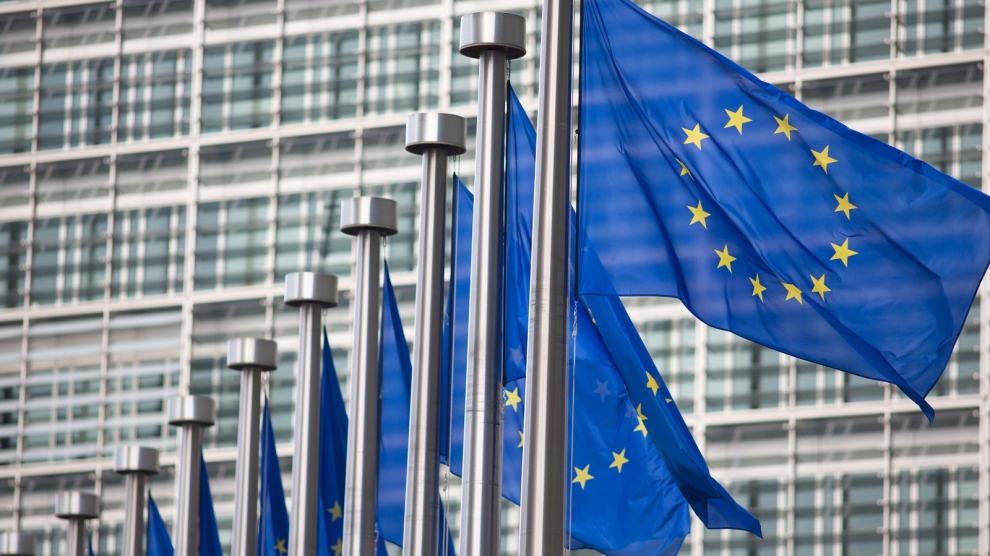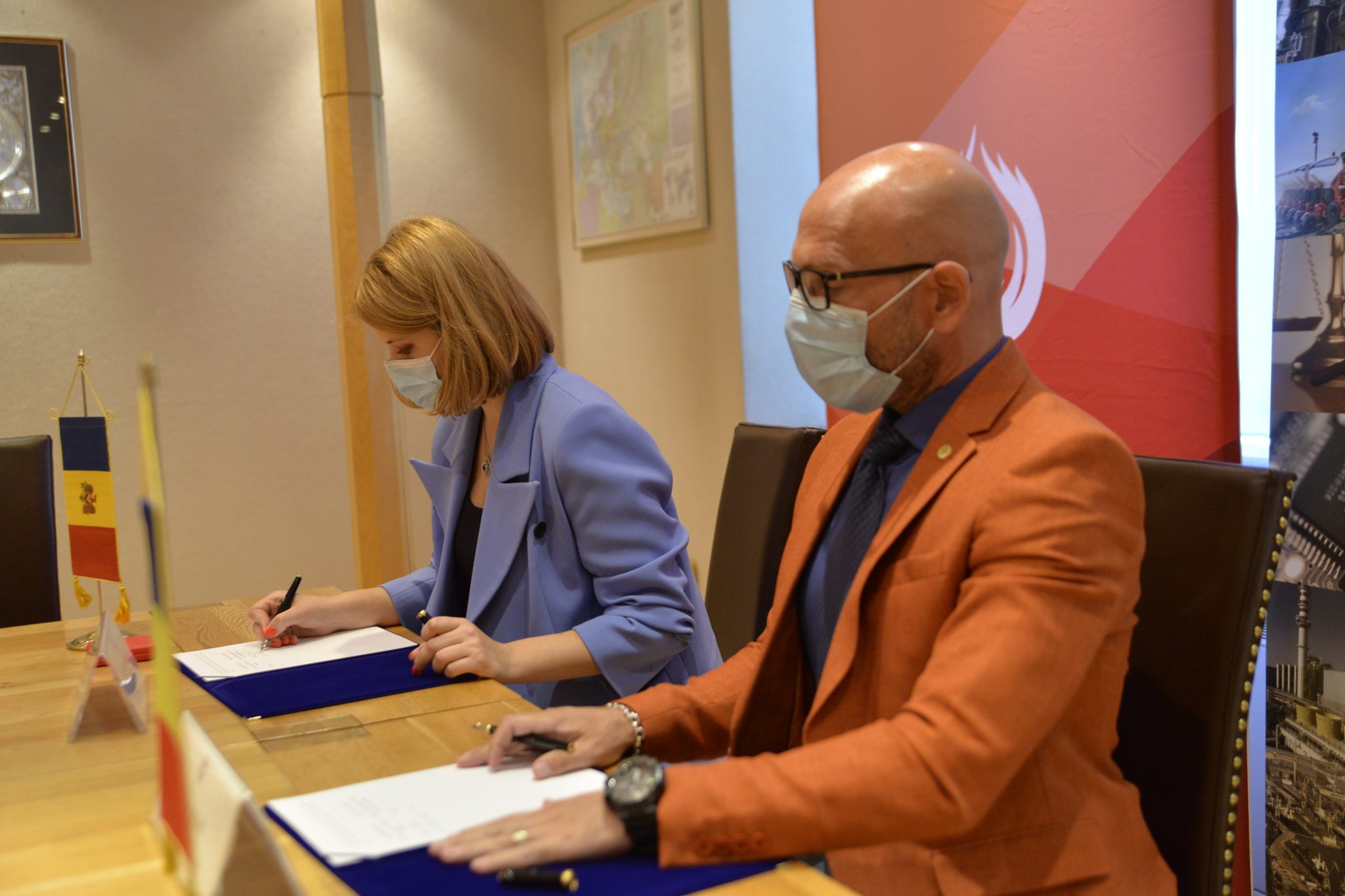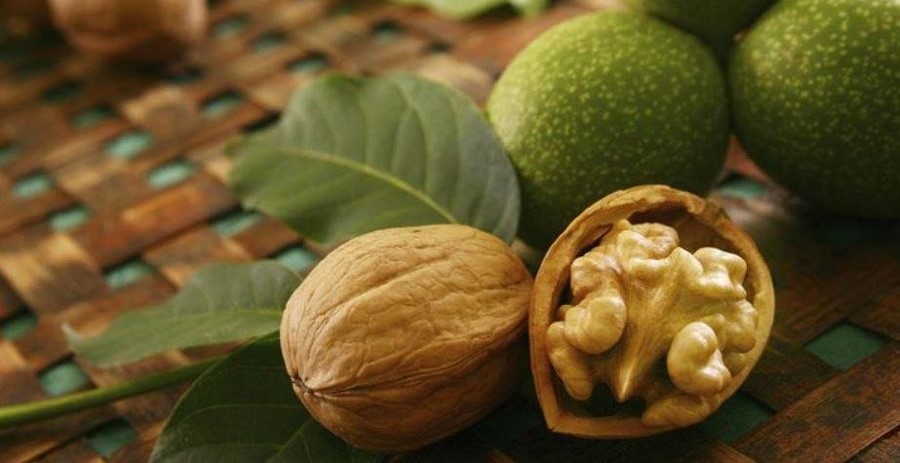Economy
Kalman Mizsei: To attract foreign investments, Moldovan government needs to free the business environment from unlawful interventions of government officials of all levels
Reading Time: 4 minutesExclusive interview with Kalman Mizsei, the European Union Special Representative to Moldova
Exclusive interview with Kalman Mizsei, the European Union Special Representative to Moldova.
BASA: Mr. Mizsei, this year the Action Plan Moldova-EU comes to an end. What can you say about Moldova’s practical implementation of the measures stipulated in the document? What will the legal basis of the relations between Moldova and the EU be in the future, taking into account Moldova’s desire to have clearer perspectives in its European aspirations?
Kalman Mizsei: The Action Plan is a very good document because those reforms that Moldova undertook in the framework of this Agreement are such that contribute to the modernization of the country. As President Voronin emphasized a few times in his interviews, Moldova has made strong progress in its reforms through achieving some of the goals of the Action Plan. He also said that in some other areas, such as judicial reform – independence of the judicial process from political interference -, media freedom, business climate and particularly ability of businesses to work in a lawful environment, is still much to be accomplished. But progress is there and we all hope that this will enable us to put the relationship on a new, more ambitious political basis in the foreseeable future.
BASA: On January 1, 2007, Moldova became the neighbor of the EU. Yet, Moldova’s current relationship with the country in its immediate neighbourhood which represents the EU, i.e. Romania, can not be described as friendly: the scandals involving visa granting, the refusal to sign the Base Political Agreement, reluctance to ratify the Agreement on simplification of visa regime and readmission. How can you comment on that?
Kalman Mizsei: Romania is not only the closest EU-neighbour of Moldova but also one with which it is linked through strong historical and cultural ties. There are many relatives and even more friends living on both sides of the Prut river. Many Moldovans study at Romanian Universities. I am hoping for wisdom in 2008 that enables us to exploit the full potential of this relationship. When there is a dispute in a family, it usually ends by one of the parties offering a gesture in a way that, regardless of who is “right” in the debate, appeals to the other in a way that the relationship returns to an earlier warmth. That is what we need between Moldova and Romania also on the highest political levels and I hope 2008 will bring us this good news.
BASA: Let us touch upon one of the most crucial issues for Moldova – the settlement of the Transnistrian conflict. How do you describe the initiatives dealing with the settlement of the Transnistrian conflict recently put forward by President Voronin? The initiatives included the demilitarization of the region, the removal of some customs and checkpoints on the border, and the common training of peace-keepers.
Kalman Mizsei: I would start not from those concrete parts of his initiative but from the philosophy behind it. Building trust between those who from both banks of the Nistru-river participate in the solution is very important. The confidence building measures that have been launched can help to bring this trust. The Moldovan government has now established working groups that will elaborate concrete proposals. It is vital that Transnistrian representatives participate in the efforts of these working groups. Only decisions, recommendations and projects of such nature have a chance to be implemented. This needs foresight from the Transnistrian politicians that I hope they will have. We will have to work together towards a political solution and it also means working on the more prosaic issues of infrastructure, economic reintegration, people’s unhindered ability to move between the two sides of the country as well as social support.
BASA: Another important event between Moldova and the EU is the conclusion of the Asymmetric Trade Agreement. What opportunities does this agreement offer to Moldovan producers? Does this mean that Moldovan goods have a chance to conquer the European market which is known to be quite exigent?
Kalman Mizsei: Yes, this means exactly that. It is a very good agreement. Now, there are three further tasks to use the full potential of this agreement. First we need good infrastructure, roads and airport capacity, since goods need to be delivered and businessmen need to travel between countries of the European Union and the Republic of Moldova. And those infrastructure investments we need urgently. Second, we need investments, particularly of businesses in the European Union, who can then use this potential. In case of each and every new EU-member state foreign investment was critical to its success. You mentioned already Romania. I remember how important it was when at the end of the 1990s Italian investors started to create – spontaneously, without anybody’s previous design – an investment hub in the Western town of Timisoara. From this nucleus, on the basis of good economic and monetary policies, we arrived to the situation whereby Romania is getting about 12bn euros a year of foreign investments. This process has profoundly helped to restructure the Romanian economy. Without this the big economic successes of Romania of the last 8 years would not have been imaginable. 2 bn euros annually would do the same boost to the Moldovan economy. But for that we need a situation when “chinovniki” do not interfere for their private gains in the life of the companies. Thirdly, one needs to market the new Moldova to the outside investors. Moldova is a small country and it has to tell the world that it now has an investment friendly regulatory environment and an almost unlimited European market access, with still low wages. An investment boom would also help to retain Moldovans as work emigration is, as you rightly noticed, still much too much. Ideally, we would see a flow of investments in the country so that many Moldovans who now undertake mostly low skill jobs abroad will come back for better paid and more high value added activities. We need European investments in Moldova!!!
BASA: The BBC channel has recently launched an advertisement calling for investments into the Moldovan economy. Do you think Moldova is attractive for foreign investments?
Kalman Mizsei: I have tried to answer this question already above. In many ways yes, and what now your government needs to do is to free the business environment from unlawful interventions of government officials of all levels. That is the core of starting to act in your everyday life as an European country. In each member state of the European Union this has been the core component of success. The Moldovan government needs to act on this task coherently.
BASA: Thank you for the interview. // BASA-Press
Economy
Moldova will receive a disbursement of 36 million euros as part of the the Economic Recovery Plan

This week, the European Commission approved the disbursement of 36 million euros in grant money for the Republic of Moldova. The announcement was made by Deputy Director-General for Neighbourhood Policy and Enlargement Negotiations at the European Commission, Katarina Mathernova, who paid an official visit to the Republic of Moldova between September 13-15, together with Managing Director for Russia, Eastern Partnership, Central Asia, Regional cooperation and OSCE, at the European External Action Service, Michael Siebert.
The EU officials had meetings with President Maia Sandu, Minister of Foreign Affairs and European Integration, Nicu Popescu, Speaker of Parliament, Igor Grosu, Prime Minister of the country, Natalia Gavrilita, as well as key representatives of Government, international financial institutions and the civil society, according to a press release issued by the Delegation of the European Union to the Republic of Moldova.
Beside such topics as the EU-Moldova relations and prospects, the priorities of the reform agenda of the new Moldovan Government, preparations for the Eastern Partnership Summit at the end of the year and the Transnistrian conflict settlement, the officials also discussed the EU assistance in support of reforms and the Economic Recovery Plan for Moldova, which was announced in June with a total EU support of 600 million euros over the next 3 years.
“The first measures under the Economic Recovery Plan will shortly materialize, with the expected disbursement of 36 million euros in grant money under budget support programmes to support the authorities’ efforts to fight against the consequences of the pandemic. Moldova can count on EU’s assistance on its path to reforms and to recovery, bringing tangible results to citizens,” Katarina Mathernova stated.
The plan is based on assistance provided by the European Union through various bilateral and regional instruments, aiming to mobilize the funds in the form of grants, loans, guarantees and macro-financial assistance.
“The Economic Recovery Plan for the Republic of Moldova involves much more, not just this financial support provided immediately. It must help digital transformation, strengthen infrastructure, energy efficiency, education and support small and medium-sized enterprises,” the EU official also said.
As Prime Minister Natalia Gavrilita informed, “The Economic Recovery Plan and the 5 flagship initiatives for Moldova in the Eastern Partnership will directly contribute to the reform and consolidation of institutions, stimulate long-term socio-economic development, bring direct benefits to citizens, and unleash new economic opportunities through promoting the green agenda and digitization. Small and medium-sized enterprises (SMEs) have been hit hard by the crisis. Promoting and diversifying access to finance and reducing collateral requirements will be essential in supporting economic operators. We are grateful to the EU partners who will launch two programs to support 50 000 independent Moldovan SMEs to adapt to the new conditions.”
President of the Republic of Moldova, Maia Sandu, welcomed the decision of the European Union to disburse about 745 million lei in grant money, as the official page of the President’s Office announced. “EU support comes after a long period of freezing of European assistance, caused by former governments. We managed to relaunch the political dialogue with the European Union and resume financial assistance. The Republic of Moldova is gradually regaining the trust of its strategic partners. This European support is also a signal of encouragement for the new Government team in its commitment to clean up the institutions, fight corruption and launch development programs in the country,” said Maia Sandu.
Photo: unknown
Economy
Romania and Moldova signed a partnership memorandum pledging to cooperate in promoting their wines

The Chamber of Commerce and Industry of Romania (CCIR) and the National Office for Vine and Wine (NOVW) of the Republic of Moldova signed, last week, a memorandum of cooperation on organizing joint promotional activities in the markets of common interest, as the CCIR announced.
China, Japan or the USA are just some of the markets targeted by the Romanian and Moldovan institutions. The memorandum also involves advertising activities for wines from common indigenous varieties, promoting the oeno-tourist region, developing a tourist route in the two states, exchange of experience, study visits, and mutual support in identifying new export opportunities. “We are very confident that this collaboration between our organizations will lead to sustainable economic growth and a higher degree of well-being among Moldovans and Romanians,” claimed Deputy Secretary-General of CCIR, Bogdan Visan.
On the other hand, Director of the NOVW, Cristina Frolov, declared that no open competition with Romania is aimed at the governmental level of the Republic of Moldova. “This request for collaboration is a consequence of the partnership principle. Romania imports 10-12% of the wine it consumes, and we want to take more from this import quota. Every year, the Romanian market grows by approximately 2.8%, as it happened in 2020, and we are interested in taking a maximum share of this percentage of imported wines without entering into direct competition with the Romanian producer,” the Moldovan official said. She also mentioned that Moldova aims at increasing the market share of wine production by at least 50% compared to 2020, and the number of producers present on the Romanian market – by at least 40%.

Source: ccir.ro
**
According to the data of the Romanian National Trade Register Office, the total value of Romania-Moldova trade was 1.7 billion euros at the end of last year and over 805 million euros at the end of May 2021. In July 2021, there were 6 522 companies from the Republic of Moldova in Romania, with a total capital value of 45.9 million euros.
The data of Moldova’s National Office of Vine and Wine showed that, in the first 7 months of 2021, the total quantity of bottled wine was about 27 million litres (registering an increase of 10% as compared to the same period last year), with a value of more than one billion lei, which is 32% more than the same period last year. Moldovan wines were awarded 956 medals at 32 international competitions in 2020.
Photo: ccir.ro
Economy
Moldova’s hope to be a top walnut exporter and its main difficulties

The Republic of Moldova has perfect weather conditions for growing walnut trees, that creating a great potential of walnut production and trade, especially on international markets, where the demand is way higher than the product’s supply. National and international experts believe that the country’s walnut production industry is on the verge of important transformations, which could lead to increased yields, quality and competitiveness worldwide.
According to authorities, Moldova exports 34-35 thousand tons of walnuts in shell, which is about 7% of the total export of fruit and 5% of the total export of horticultural products. The export value is assessed as being $120 million, that being 57-60% of the total fruit export value and about 50% of horticultural export value. Most of walnut crops are exported to the EU countries, such as France, Germany, the Netherlands, Romania and Austria. The country’s exports were among the world’s top 10 when it comes to the highest dollar value of the product during 2020.
Viorel Gherciu, Minister of Agriculture and Food Industry, pointed out that the production in the domestic walnut industry has increased by 55% in the last five years, which ranks Moldova among the main producers in the world.
“The biggest opportunity for this industry is that we are in the geographical proximity of the largest walnut import area in the world, which is the European Union, with almost 40% of total imports in the world. We are on the EU border, with privileged relations, with an Association Agreement. We already enjoy a good relationship in working with European importers, they trust our processors. A very close collaboration has been created and this is, in fact, the guarantee for those who invest in the area,” claimed the president of the Walnut Producers Association, Oleg Tirsina.
The data provided by the National Bureau of Statistics show that there are 34.7 thousand hectares of walnut plantations in the country. 20.90 hectares are represented by orchards. 75% of planted orchards are formed of old varieties trees. 30-35% of the exported production comes from orchards, the rest comes from individual farmers and plantations along the roads. This means that the quality of walnut production is not at its maximum potential. Developing commercial plantations through orchards modernization and extension of walnut varieties would provide double yield and better quality, experts say.
Governmental support in the form of subsidizing solutions, foreign investments and credit options are indispensable for the industry development. One of the financing options is the credit line of the European Investment Bank Project. Since 2016, 15 producers and processors of nuts, almonds and hazelnuts have benefited from these loans with the total amount of investments worth 8.7 million euros. A further extension of the project would provide another 60 million euros for the modernization of the horticultural sector in general and for harvesting organic walnuts in particular.
Photo: heymoldova.com





















